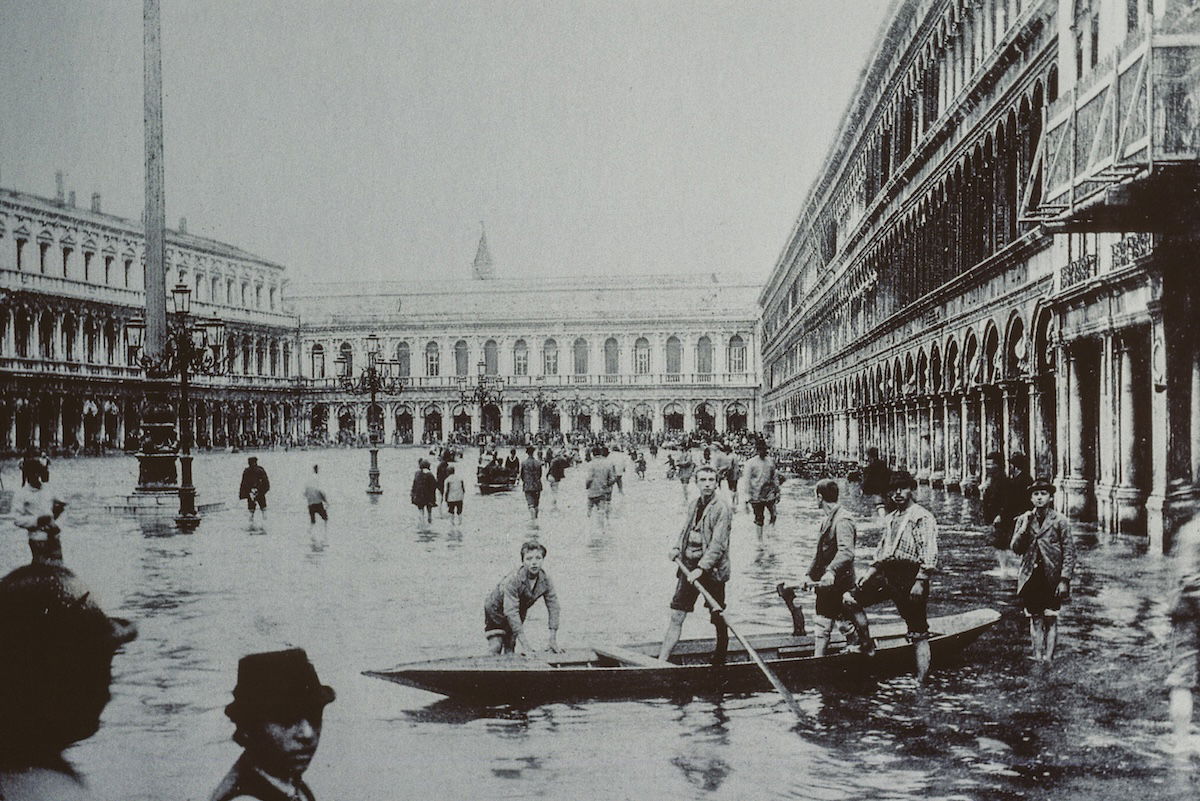What’s the Point of UNESCO?
Founded to safeguard the world’s heritage, UNESCO’s status often threatens what it seeks to protect.

On 16 November 1945, 44 nations gathered in London to forge an international body for educational, scientific and cultural cooperation under the aegis of the United Nations. Their project was the intellectual and moral reconstruction of a world in ruins. Forged in the twilight of empire and led by the victors of the recently concluded war and major colonial powers, UNESCO’s founders sought global influence with a programme of reconstruction. But the challenge was not simply that great buildings and art required postwar rehabilitation. UNESCO sought to regulate the past itself, managing it for the future. What began with war-ravaged Europe soon set its sights on the developing world. It would remain a one-way flow: from the West to the rest.
